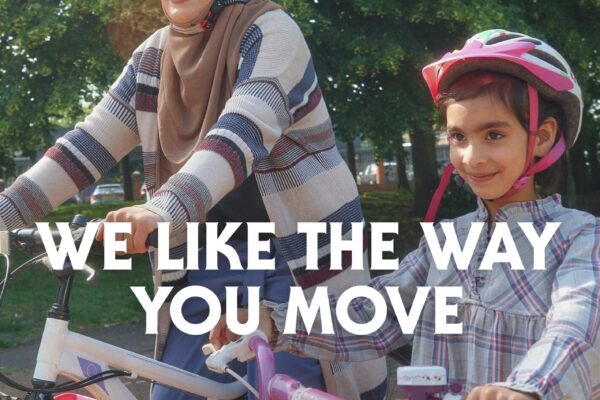Blogs
Take a look at the latest blogs, written by people within the we can move movement. Get insights, updates and more about the work we do and how we support others to get active.
-
Location
- Cheltenham
- Cotswolds
- Forest of Dean
- Gloucester
- Gloucestershire
- Stroud
- Tewkesbury
-
Activity
- Bowls
- Boxing
- Building srength and mobility
- Community group
- Cycling
- Dance
- Fall Proof
- Football
- Gardening
- Gymnastics
- Martial arts
- Mixed ability rugby
- PE
- Personal training
- Play
- Resource
- Rugby
- Running
- Social
- Sport
- Swing ball
- Walking
- Walking football
- Wheelchair rolling
- Yoga
-
Team member
- Ben Langworthy
- Chris Davis
- Lizzie Homer
- Sarah Haden
- Tom Beasley
- Tom Hall
- Tom Handley
-
Topic
- About we can move
- Active ageing
- Active environments
- Active workplace
- Benefits of physical activity
- Celebrating success
- Changemakers
- Community impact
- Disability
- Equality, diversity and inclusion
- Events
- Expert guidance
- Funding
- Get active
- Health
- Innovative strategies
- Insight
- Managing pain
- Measurement, evaluation and learning
- Mental health
- News
- Partner
- Place-based working
- Practical tools
- Schools and education
- Special Educational Needs
- Strength & Mobility
- We can move event 2024
-
Age Group
- Adults
- Kids
- Older people
- Pensioners
- Teens
-
Health Condition
- Alzheimers
- Anxiety
- Autism
- Depression
- Diabetes
- Falls
- Long term health condition
- Reduced mobility
- Sight impairment
- Stress
- Visual impairment
- Wheelchair user

04 Aug 2025
“Too Old for That?” – How Ageism Impacts Physical Activity Levels in Older Adults
Read more
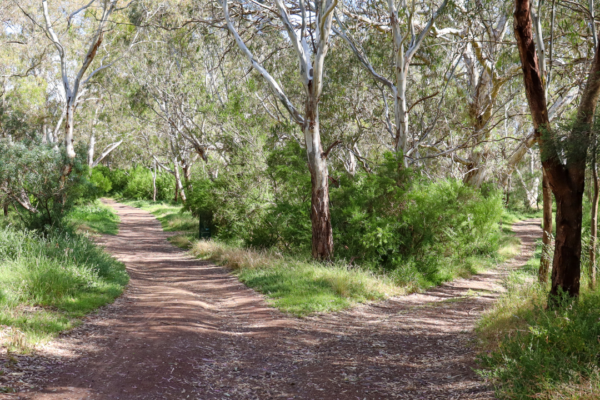
06 Feb 2025
A Story of Working Differently: The Cinderford Chronicles 2
Read more
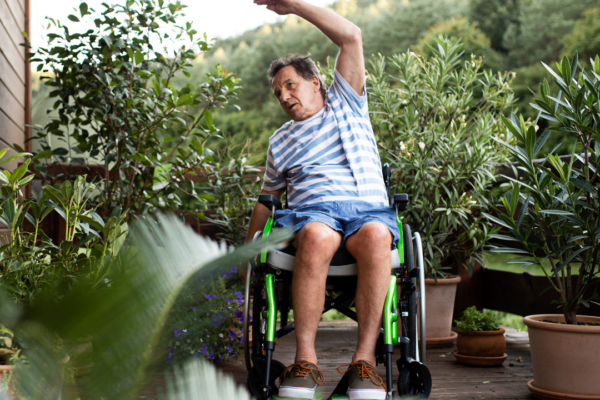
14 Oct 2024
How can we make it easier for people with long-terms conditions to explore movement and physical activity?
Read more
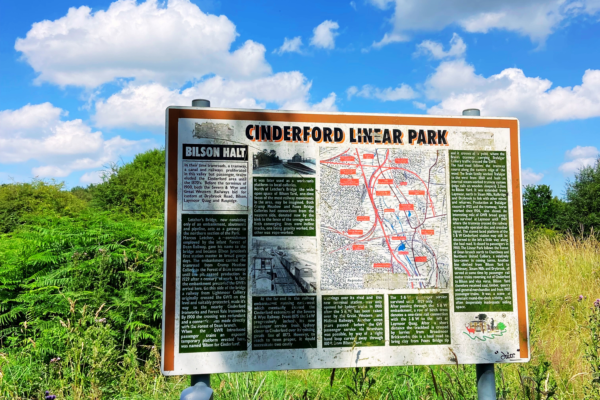
22 Aug 2024
A Story of Working Differently: The Cinderford Chronicles 1
Read more
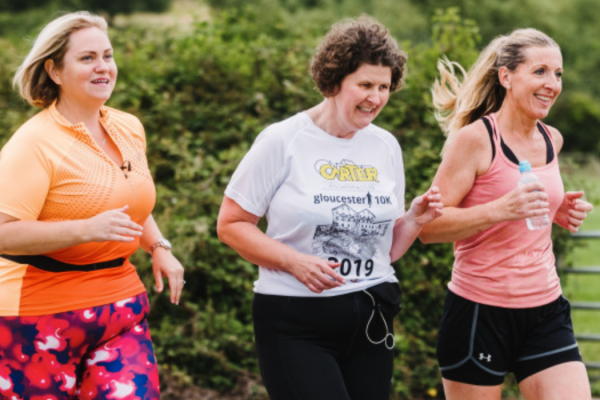
06 Aug 2024
Evaluating the growth and impact of we can move
Read more

06 Aug 2024
8 ways to build active habits
Read more

